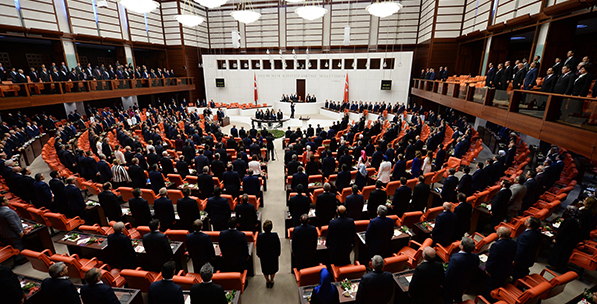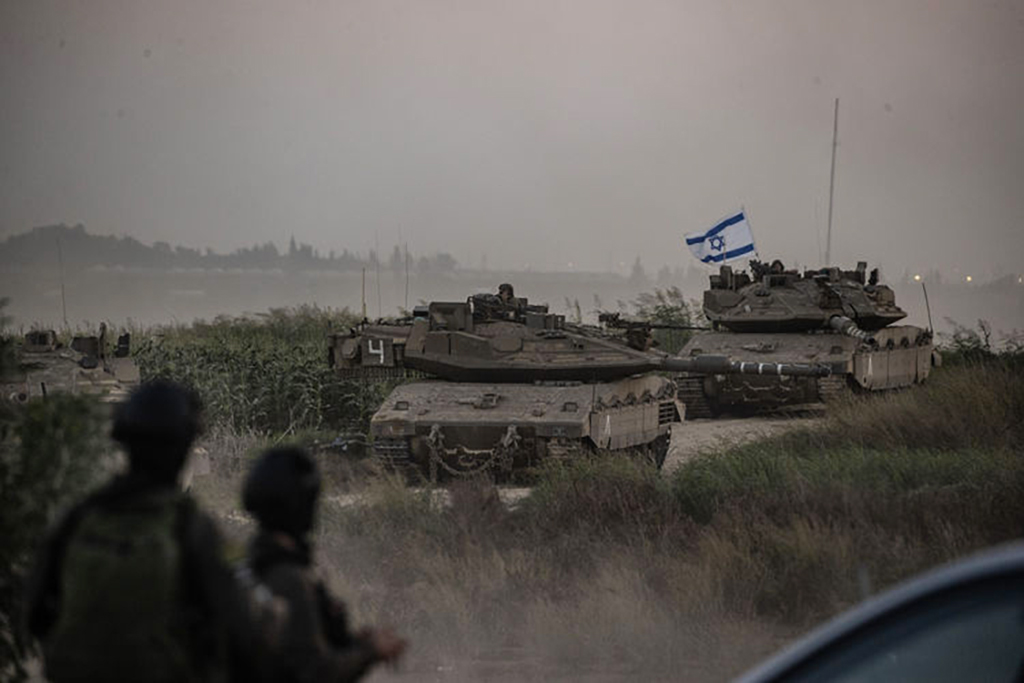Since the election results came out late on the night of June 7, there have been discussions in various circles in regards to the future of politics in Turkey. After 13 years of a one-party majority in Parliament, the impact of a new coalition era launched different debates in several different issue areas. Today there are different scenarios of coalition building, the potential realignment between political parties, the comparisons of the "red lines" that were presented by the political leaders after the elections and their prerequisites for building a coalition and the possibility of an early election in the case of a failure to form a coalition. Now the coalition options, after several revisions of "red lines" by political parties, decreased to two - namely an AK Party-MHP (Nationalist Movement Party) coalition, or an AK Party-CHP (Republican People's Party) coalition. As a result, the nature of debates has changed a little bit. There are more substantive debates about the potential impacts of these options to the different issues areas in Turkish politics, such as the prospect of a new constitution, the allocation of ministries and the fate of the Kurdish reconciliation process. In addition to these debates in Turkey, in Washington and other capitals in Western countries, another debate is taking place about the potential changes in Turkey's foreign policy in the aftermath of a formation of a coalition government. There is some emphasis on a potential "moderation" in Turkish foreign policy as a result of a coalition government. In different panel discussions and articles, this issue was raised as a possible outcome of the formation of a coalition government. It is not clear what these analysts mean by moderation. For some, it is an improvement of bilateral relations with the U.S., for others, it is a change in Turkish policy towards the Syrian conflict and the military coup in Egypt. Some also expect a change in policy with Israel.
Those speculations about Turkish foreign policy sometimes underestimate the nature of the change that has taken place in Turkish policy over the last few decades. The assumption of some of these arguments is that the leaders of the AK Party were the only force behind the foreign policy change in Turkey, and in the case of a potential coalition government, the influence of these leaders will wane and foreign policy will go through a retuning and even towards its default settings. There are different problems about this assumption and argument. First of all, the change in Turkish foreign policy over the last 13 years was a result of the emergence and interaction of multiple different variables. Although leaders and foreign policy-makers played a significant role in the construction of this new foreign policy, the public, civil society groups and the new elites of Turkey also played important roles. During this period, while Turkish foreign policy was becoming more civil as a result of the transformation in foreign policy decision-making and active civilian control of the military, there was also some degree of transformation that made the involvement of other actors in foreign policy possible. Today, the Turkish public is extremely attentive to foreign policy issues and civil society actors are vocal in their positions about the developments in the region. For instance the coup in Egypt and the massacres in its aftermath elicited a major reaction from Turkish society, which is very sensitive in regards to military involvement to politics due to their prior experiences of coups and summary executions conducted by junta regimes in Turkey. So it is extremely difficult for any government in Turkey to normalize relations with Egypt without some significant steps taken by the regime in Cairo. Thus, it was not only the government, but also society that reacted to the coup in this country. This example of Egypt is relevant to other foreign policy issue areas as well. The public and civil society is today willing to be taken into account in the formulation of foreign policy and significant









